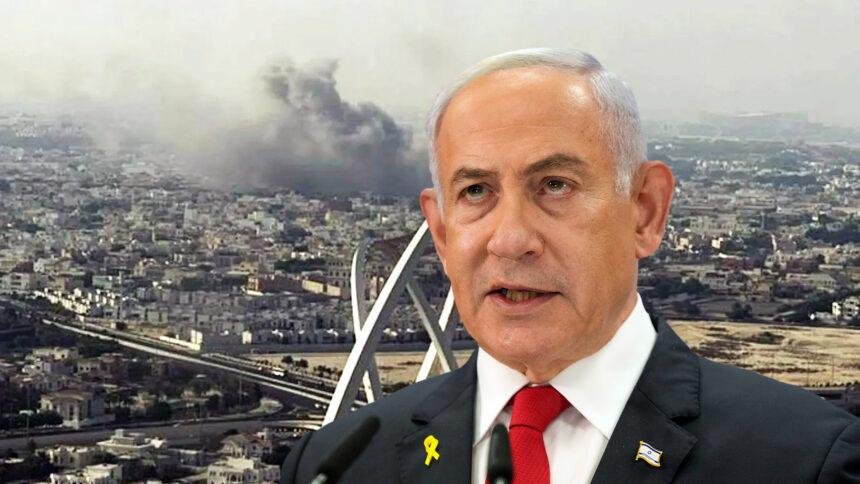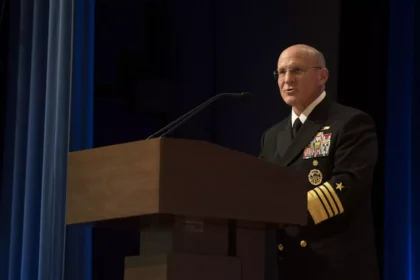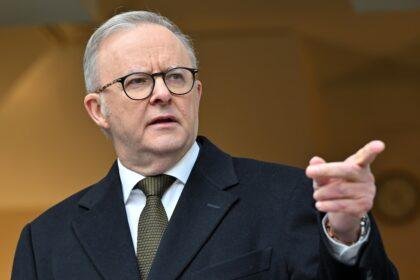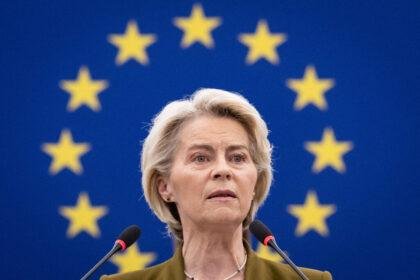Israel’s Airstrike on Doha: Implications for Gaza Ceasefire Negotiations
In a significant escalation of tensions in the Middle East, Israel recently conducted an airstrike on Doha, the capital of Qatar. This unprecedented military action has raised alarms not only for its immediate impact but also for its potential ramifications on ongoing ceasefire negotiations in Gaza. The Israeli government claims the strike targeted senior Hamas leaders, a justification that has been met with widespread condemnation.
Qatar’s Response: A Violation of International Law
Qatar, a crucial mediator in the Israeli-Palestinian conflict, swiftly condemned the airstrike. The Qatari government characterized the attack as a violation of international law and labeled it an act of “state terrorism.” This response underscores Qatar’s unique position in the region, where it has often acted as a bridge between conflicting parties, including Hamas and Israel. The airstrike has not only strained Qatar-Israel relations but also raised questions about the future of diplomatic efforts aimed at achieving a lasting peace in Gaza.
Historical Context: The Role of Qatar in Middle East Diplomacy
Qatar’s involvement in Middle Eastern diplomacy is not new. Over the past two decades, the small Gulf nation has positioned itself as a key player in regional politics, often leveraging its substantial financial resources and media influence. The Al Jazeera network, funded by the Qatari government, has played a pivotal role in shaping narratives around the Arab Spring and various conflicts, including the ongoing Israeli-Palestinian struggle.
Historically, Qatar has facilitated dialogue between Hamas and other factions, including the Palestinian Authority and Israel. This role has made it a target for criticism from various quarters, particularly from those who view its support for Hamas as contradictory to peace efforts. The recent airstrike complicates this dynamic, as it raises questions about Qatar’s ability to mediate effectively in a climate of heightened aggression.
Impunity and Military Strategy: Israel’s Calculated Moves
The airstrike on Doha raises critical questions about Israel’s military strategy and its perceived impunity in the region. Analysts have noted that Israel has increasingly adopted a more aggressive posture in its operations against Hamas, particularly since the escalation of violence in Gaza earlier this year. The Israeli government argues that such actions are necessary for national security, especially in light of ongoing rocket attacks from Gaza.
However, the international community has expressed concern over Israel’s military tactics, particularly when they result in civilian casualties or target locations outside its borders. The airstrike on Doha is a stark example of this trend, as it marks a significant departure from Israel’s traditional military engagements, which have primarily focused on targets within Palestinian territories.
Expert Insights: Perspectives from Key Figures
In a recent episode of UpFront, host Marc Lamont Hill engaged with several experts to discuss the implications of the airstrike. Among them was Daniel Levy, a former Israeli negotiator and current fellow at the Institute for Policy Studies. Levy emphasized that such aggressive actions could undermine any potential for future negotiations, as they alienate key mediators like Qatar.
Phyllis Bennis, a fellow at the Institute for Policy Studies, echoed these sentiments, arguing that the airstrike could further entrench divisions between Israel and the Palestinian factions. She pointed out that the attack not only jeopardizes the fragile ceasefire but also complicates the broader geopolitical landscape, where regional players are already wary of Israel’s military ambitions.
Hanna Alshaikh, a coordinator at the Arab Center in Washington, D.C., added that the airstrike could provoke a backlash from other Arab nations, potentially destabilizing the already fragile alliances in the region. The attack may also embolden hardline factions within Hamas, making it more challenging to pursue diplomatic solutions.
The Future of Ceasefire Negotiations
The airstrike on Doha has cast a long shadow over the future of ceasefire negotiations in Gaza. With Qatar’s role as a mediator now in jeopardy, the prospects for a peaceful resolution appear increasingly bleak. The international community has called for restraint from both sides, urging Israel to reconsider its military strategy and for Hamas to cease its rocket attacks.
The situation is further complicated by the broader geopolitical context, where regional powers are vying for influence. The United States, traditionally a strong ally of Israel, has expressed concern over the airstrike, signaling a potential shift in its approach to the Israeli-Palestinian conflict. As the Biden administration navigates its foreign policy priorities, the airstrike may prompt a reevaluation of U.S. support for Israel’s military actions.
Conclusion: A Pivotal Moment in Middle Eastern Diplomacy
The recent airstrike on Doha represents a pivotal moment in Middle Eastern diplomacy, with far-reaching implications for the Israeli-Palestinian conflict. As Qatar condemns the attack and reconsiders its role as a mediator, the future of ceasefire negotiations hangs in the balance. The international community must grapple with the complexities of this situation, balancing the need for security with the imperative of diplomacy. As tensions continue to escalate, the hope for a lasting peace in Gaza seems more elusive than ever.










